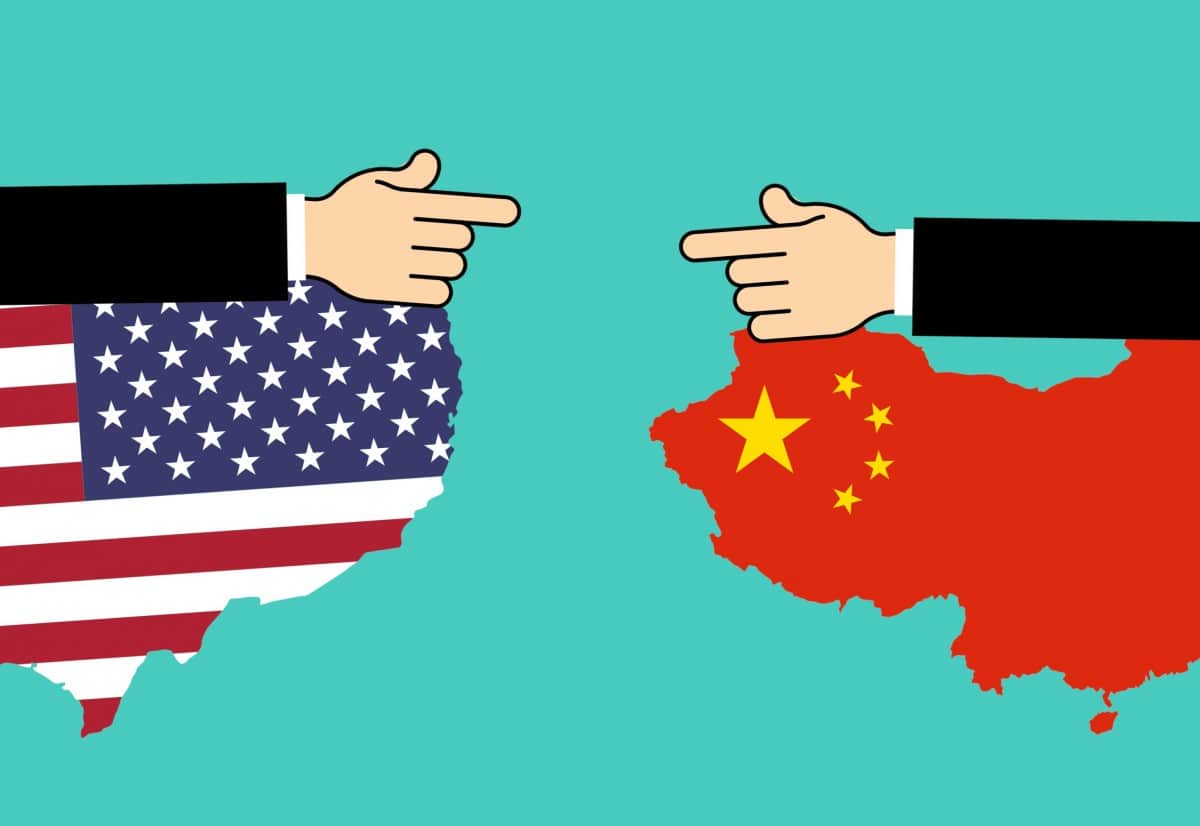A senior researcher from a leading state-backed think tank has called for China to step up its innovative capability in order to better compete against the US.
Zhang Xiaojing, deputy-head of the Institute of Economics at the Chinese Academy of Social Sciences (CASS) said that Beijing must focus on innovation as a means of countering a range adverse external factors, including worsening relations with the US and a global recession resulting from the COVID-19 pandemic.
“Internationally, we face a new industrial revolution, deglobalisation, populism, the dilemma of global governance, and continuing trade frictions between China and the United States,“ wrote Zhang in an 18,000-word article published by the latest edition of Economic Perspective.
“Domestically, the economic slowdown, coupled with the accumulation of cyclical, institutional and structural factors, pose major risks for the development in the 2021-2025 period.
“The fundamental solution [for China] is to promote indigenous innovation, maintain the integrity of industrial and value chains, and try our best to prevent being excluded by the United States from the global value chain.
“Innovation is the key ingredient in lifting a nation’s core competitiveness…it will facilitate the change of growth drivers in the new normal period, and also help to counter technological decoupling.”
Zhang warned that the Trump administration is using trade disputes to “kick away the ladder” for China to further its economic development.
“As the innovation in the 14th five-year plan period [between 2021 and 2025] will be challenged by such US efforts, China needs to rely more on itself.
“China has no intention of challenging the United States, nor replacing it. On the other hand, the United States won’t be able to influence China, nor halt its development.”
Zhang also called for Beijing to continue to further open up the Chinese economy externally, and maintain the influential role played by the state in economic decision-making.
“The government can play its role in top-level design, establishing platforms and coordination,” he wrote.
“It should team up with state-owned enterprises in key innovation areas concerning national security, core technologies and key infrastructures that cannot be accomplished by ordinary firms, to achieve breakthroughs.”
Related stories




